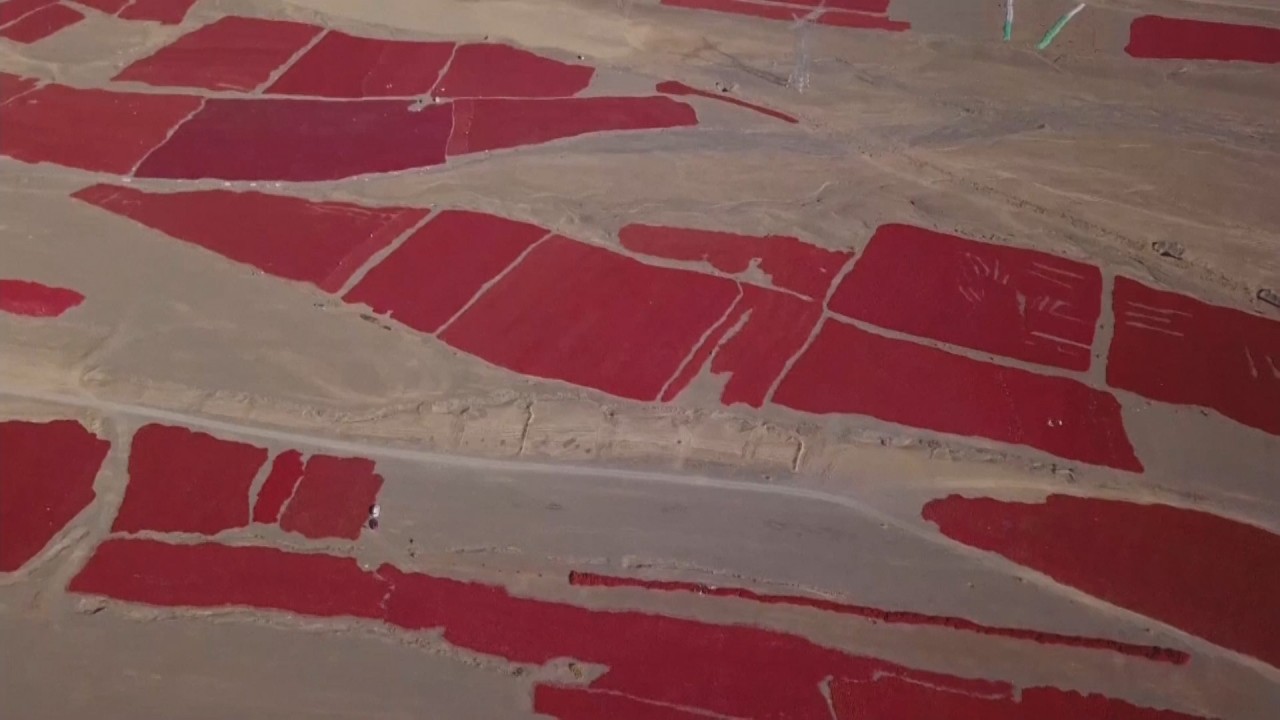
China’s surging corn prices blamed on speculators as Beijing plays down fears of grain shortage
- China’s agriculture minister Han Changfu says sharp increase in corn prices is the fault of ‘market speculation and irrational hoarding’
- Typhoons and floods have recently hit the nation’s main corn growing regions, raising concerns about shortages
China’s agriculture minister has blamed speculators for skyrocketing corn prices, as Beijing continues to reassure the public the world’s most populous country is not facing a grain shortage.
China’s imports of corn, which are mainly used in animal feed, hit their highest level in nearly three decades in the first eight months of 2020, adding to anxiety over a domestic supply gap.
But Han Changfu, the nation’s Minister of Agricultural and Rural Affairs, said the surging prices were caused primarily by “market speculation and irrational hoarding”, according to an interview transcript published on the ministry‘s website.
New corn will enter the market soon, the supply will further increase
In the interview with state media, Han said the country had ample stocks of the grain and was set to have another bumper harvest in autumn, despite the impact of natural disasters in Heilongjiang and Jilin provinces, which together account for a quarter of China’s corn output.
“New corn will enter the market soon, the supply will further increase,” he said. “Corn prices have started to stabilise.”
China’s corn futures for January delivery hit 2,443 yuan (US$359) per tonne last week on the Dalian Commodity Exchange, the highest level since August 2012 and up more than 35 per cent from a year ago. But they declined by 2.06 per cent on Wednesday – the sharpest drop since the beginning of the year – after Han’s comments were published.
Meanwhile, the bidding price for new corn in Heilongjiang, the country’s largest corn producing region, was this month more than 30 per cent above what it was last year, the Post found after talking to traders.
The government’s Chinese Agricultural Outlook Committee this month cut the corn output forecast for the year by 1.8 million tonnes to 265 million tonnes, meaning the domestic supply gap will widen to 23.5 million tonnes.
Li Xigui, division director at China National Grain and Oils Information Centre, said at an agricultural conference in Harbin earlier this month that output last year may have been overestimated.
China’s statistics agency said production rose by 1.3 per cent to 260.77 million tonnes in 2019, but state purchases of the grain dropped by 118.4 million tonnes, according to the data from National Food and Strategic Reserves Administration.
That indicated traders are hoarding corn in expectation of further price gains, according to Li, who called on them to stop.
Feng Jilong, general manager of Dalian Northern International Grains Logistics Company, a corn trader, said the surge in corn prices was partly a result of speculation.

01:00
Chilli pepper farmers in China’s western Xinjiang region brace for bumper harvest
“New players are entering the market to stock up corn at state auctions,” he said at the same event in Harbin.
Although China has auctioned 560 million tonnes of corn reserves to calm supply concerns this year, only around 200 million tonnes had come into the market, Feng said.
The State Council, China’s cabinet, announced on Monday all traders would be banned stockpiling grains, except for China Grain Reserves Cooperative (Sinograin).
Sun Lige, vice-president of the Wellhope Agri-Tech Joint Stock, expected authorities to take stronger measures to intervene in the corn price.
“Now the corn prices do not depend on what the market says, but what the government says,” he said. “The current price is certainly not what the state wants to see.”

